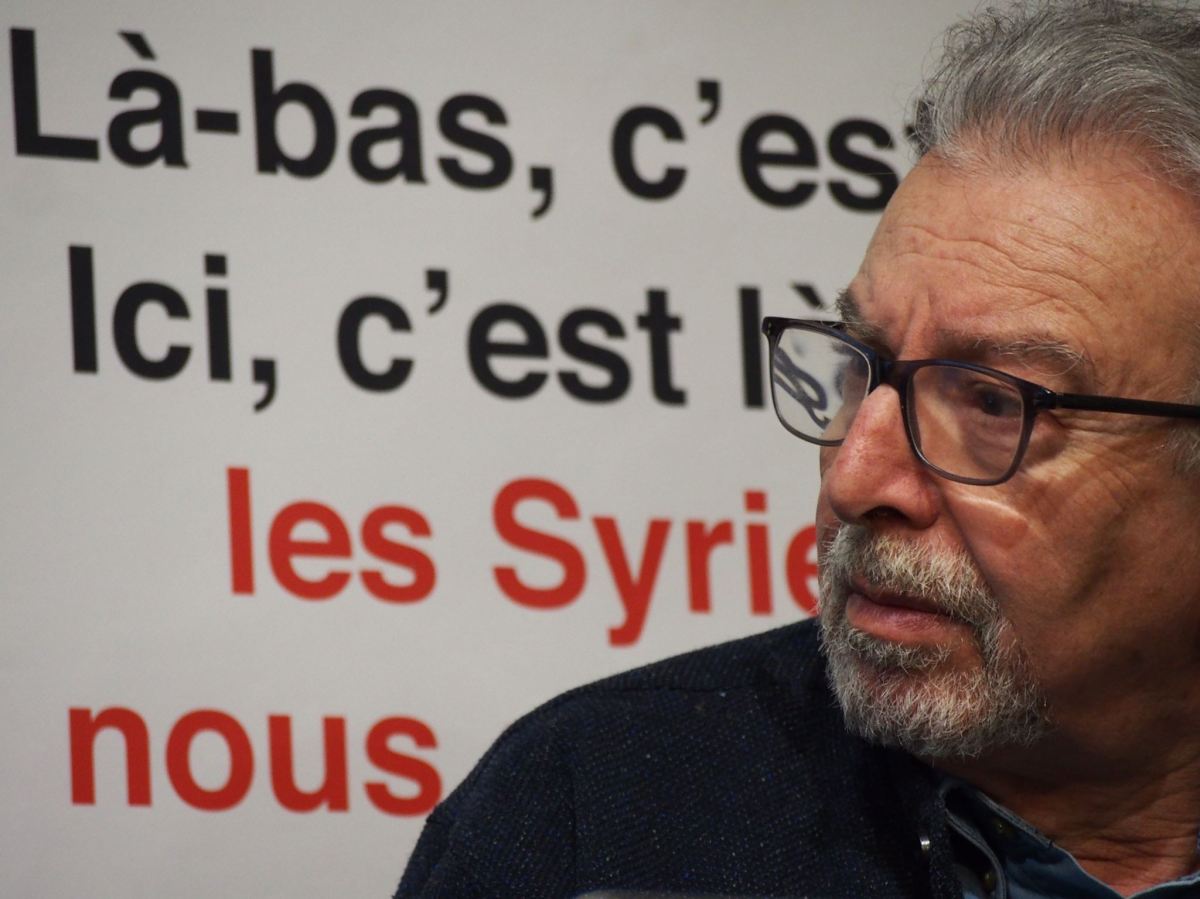This article appears in The Fight For Yemen, the Winter 2019 issue of Middle East Report, the magazine of the Middle East Research and Information Project (MERIP)

The US House of Representatives passed a potentially historic resolution on February 13, 2019, calling for an end to US military support for the Saudi-led coalition’s intervention in Yemen that began in 2015. Although the US government has never formally declared its involvement in the war, it assists the coalition with intelligence and munitions and supports the aerial campaign with refueling and targeting. The United States is therefore complicit in the myriad atrocities the coalition has committed against Yemeni civilians, which Human Rights Watch and Amnesty International have characterized as war crimes. [1]
What is already historic about the resolution (introduced by Democratic Representatives Ro Khanna of California and Mark Pocan of Wisconsin) and its Senate counterpart (introduced by Independent Bernie Sanders of Vermont, Republican Mike Lee of Utah and Democrat Chris Murphy of Connecticut) is their invocation of the War Powers Resolution of 1973, which restrains a president’s capacity to commit forces abroad. Aimed to prevent “future Vietnams,” the act gives Congress the authority to compel the removal of US military forces engaged in hostilities absent a formal declaration of war.
The House resolution was the first time Congress flexed its War Powers muscle in the 45 years since that resolution’s passage. The Senate passed a parallel resolution in December, but the measure died when the Republican leadership refused to bring it to a vote. These congressional moves not only register opposition to US involvement in this war but also strike a major blow against unlimited executive power when it comes to launching war. This long overdue Congressional action to constrain executive war-making, however, would not have been possible without a tremendous grassroots mobilization against US involvement in this disastrous war and the surging progressive tide that is raising deeper questions about US foreign policy.
Continue reading “Progressive Surge Propels Turning Point in US Policy on Yemen”



 I have an essay in the new issue of
I have an essay in the new issue of 

